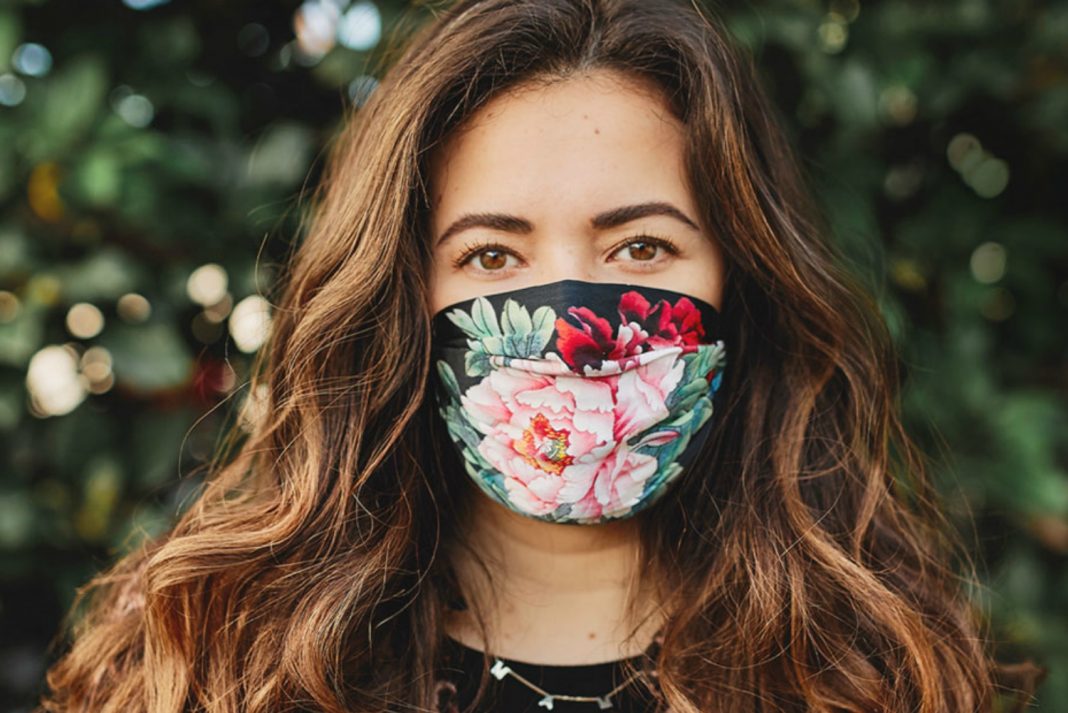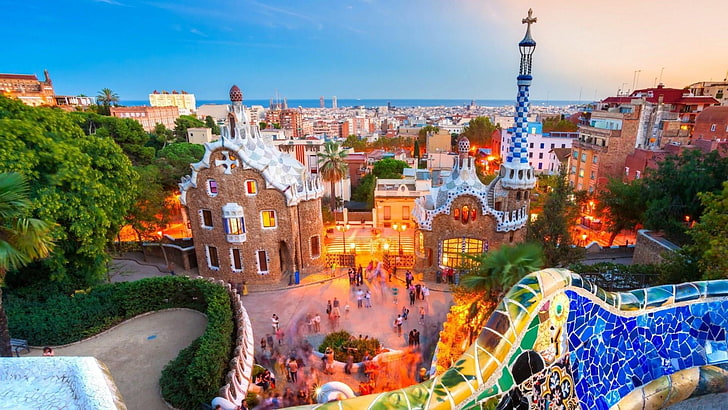
The New Normal
The coronavirus outbreak, which has brought disarray to the entire planet, appears to be reaching its zenith, and, as it does, many countries are cautiously beginning the process of emerging from lockdown to reopen businesses, schools, communities, and embark on ‘life after covid’ .
Experts predict that as countries loosen social distancing restrictions, the virus will unleash a second wave of illness and death which will continue into 2021. Even after the second wave has passed, many businesses, services and societal norms will be changed forever. Much of what we took for granted in 2019, will no longer be possible – there will be a ‘new normal’.

Aspects of life which will be different in the post-covid world include; travel, entertainment, education and social etiquette.
Travel
The travel industry was one of the first areas impacted by the coronavirus outbreak. As countries closed borders, travellers were urged to quickly return to their home countries, and thousands who didn’t remain stranded far from home. Airports across the world remain closed and currently 70% of the world’s passenger planes are grounded .
Airlines are pleading for government money and many of these companies will not survive. The low cost airlines, which usually need to fill 80% of seats per flight to breakeven , face the greatest challenges. This pandemic could indeed bring an end to the era of low costs flight as airlines introduce physical distancing measures.
In the months ahead, international travel will slowly restart, but the travel experience will be very different from before. Some countries will enforce government-mandated quarantines on arrival. Airport health checks , Covid- \immunity passports , mandatory surveillance applications and electronic tagging, will deprive travellers of that care-free sensation that makes independent travel exhilarating.
Furthermore, the coronavirus outbreak has heightened even the most slovenly individual’s hygiene awareness, so expect to see a lot of anxious looking people on your first flight next year. As travellers return to cramped airplanes, a feeling of paranoid concerning the cleanliness of the plane will no doubt inspire many to adopt Naomi Campbell’s in-flight hygiene routine. The supermodel was ridiculed by many when the video of her meticulous approach to airplane sanitation went viral last year. In hindsight, she was simply ahead of the times – once again.https://www.youtube.com/embed/b-U_jT9qWvs
One positive from the new travel landscape could be the demise of Airbnb, a startup which initially enabled young people to travel inexpensively, but ended up destroying local communities as Airbnb landlords bought up residential accommodation in cities such as Dublin, Reykajavik and Barcelona. Officials in these cities are hoping the Airbnb slump means they can help return these cities to their residents .

Entertainment
Large, crowded entertainment venues are one of the best environments for the covnavirus to spread. As such, it will be a long time before festivals, music concerts and dance parties restart. When they do, the enthusiasm for these events will remain dampened by this outbreak. Furthermore, local officials are also going to be reluctant to licence events which attract thousands of fans travelling from far and wide.
Los Angeles Mayor, Eric Garcetti, explained that “large gatherings such as concerts and sporting events may not be approved in the city for at least one year.” Experts agree that holding any large concerts would be a terrible idea for the foreseeable future.
Not only do these huge events pose a risk to health, but there has also been growing criticism of concerts, festivals and world tours from an environmental perspective. Coldplay recently announced they would no longer tour to promote their albums, citing environmental concerns .
As part of this new normal, live-streamed concerts, dance parties, jazz nights and classical music performances have become incredibly popular. The One World: Together at Home concert, organised by Lady Gaga, attracted over 20 million viewers and raised over $120 million for healthcare workers and the fight against the coronavirus.
Expect to see more exclusive online performances in the months ahead, even after the virus has been curtailled.
Internet users in China aghast at sight of Stereophonics concert as Covid-19 spreads in UK https://t.co/SHEmfx2abA pic.twitter.com/wdDoDFtigp— Mothership.sg (@MothershipSG) March 17, 2020
Education
The covid outbreak has had a huge impact on education worldwide. According to UNESCO , there are currently 188 country-wide school closures affecting 1.5 billion learners, which is almost 90% of the world’s students.
Millions of students are now continuing their schooling from home, using online platforms such as Google Classroom, SeeSaw and Zoom to interact with their teachers and peers.
While this disruption has put pressure on many families (and made many parents appreciate the hard work teachers do) it has also brought the power of online learning to the masses, exposing how effective and empowering web-based learning can be.
Interactive lessons, live-streaming, HD video, online collaboration, gamification and adaptive teaching have boosted the potential of online learning, and staked a claim for future eduction in the new normal.
The Covid lockdown has also seen a boom in adults learning online, with millions of people using the opportunity to learn new skills and new languages .
The 2020 lockdown has inadvertently brought online learning to the masses, and now it’s here to stay. Schools will reopen after the summer, but you can be sure online learning will play a greater role as the benefits of self-paced, interactive, personalised, engaging and affordable education are realised and embraced by learners and educators alike.https://www.youtube.com/embed/fS1nN0wiFHk
Social Etiquette
Facemasks – One thing is for sure, facemasks are going to be a prominent feature of the new normal.
Despite an initial reluctance to realise the benefits of wearing masks, many countries are making it compulsory for facemasks to be worn in public places . In the US, the Centers fo Disease Control and Prevention has recommended that Americans wear a mask when interacting with others. Across much of Asia, face masks have been a common sight for years, and over the past few months have been worn by the vast majority of people .
Face masks are now available in all shapes, sizes and designs. Online you’ll find hundreds of colourful, stylish masks for every taste and budget. Leading fashion magazines are now running articles on face masks – the most converted accessory of 2020.
The Work Place – Working from home is expected to remain popular for the foreseeable future, as employers and employees adjust to the new normal. Just last week, Twitter announced their employees would be allowed to work from home – forever.
Zoom meetings will also remain popular after the coronavirus crisis, as companies look to save money and protect employees from the unnecessary risk of travelling on crowded airplanes.
For those who continue to work in company offices, personal space will be a much more important issue than it was previously. Offices will require more space and ‘touchy feely’ colleagues will no longer be tolerated, much to the relief of many.
Greetings – The European’s love of kisses and embraces when greeting friends and family will become far less common. For the British and Americans who never mastered the complexeties of the double-air-kiss , this change will probably be warmly welcomed.
While it’s highly unlikely that public kisses and embraces will be outlawed, as they were in the 15th Century when King Henry VI banned kissing in an effort to fight the bubonic plague, public displays of affection are set to be frowned upon from now on.
